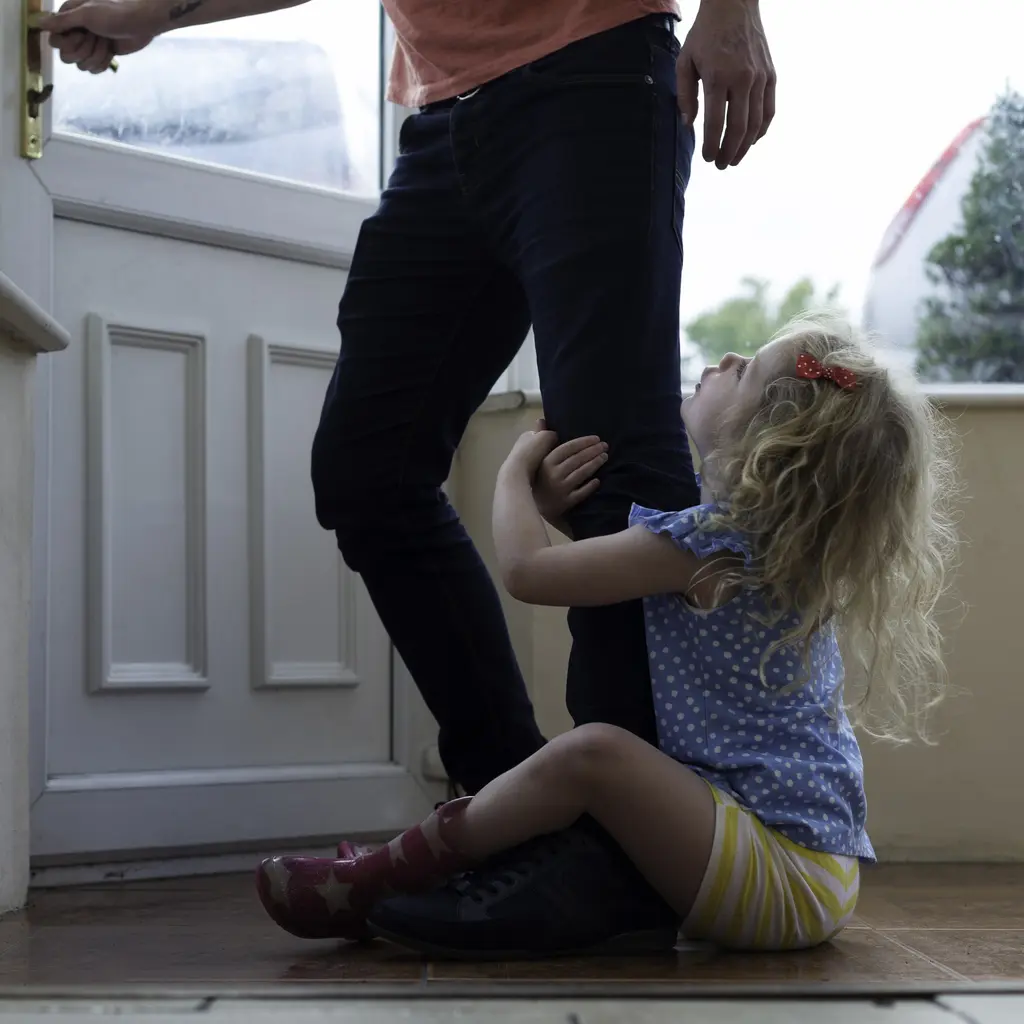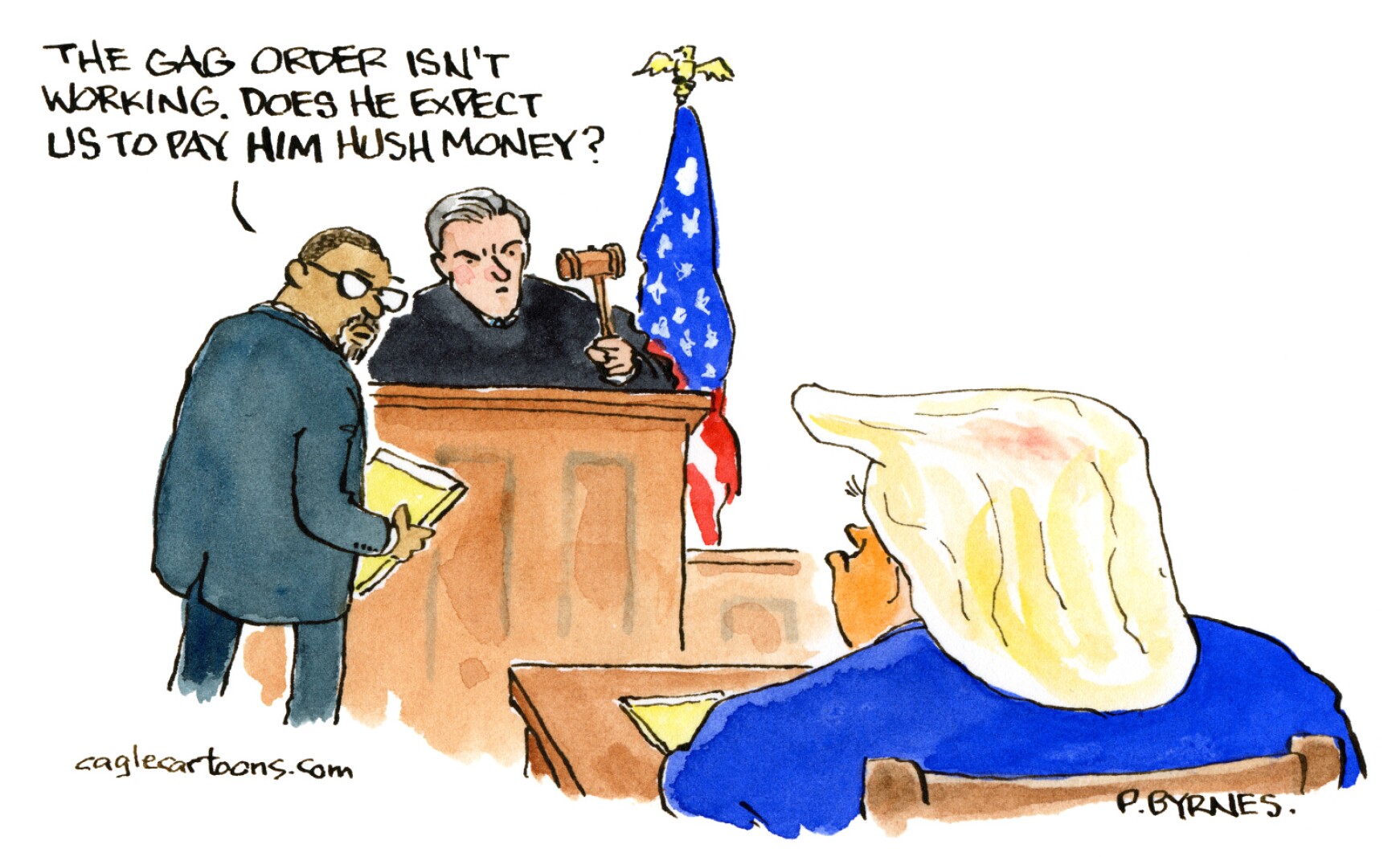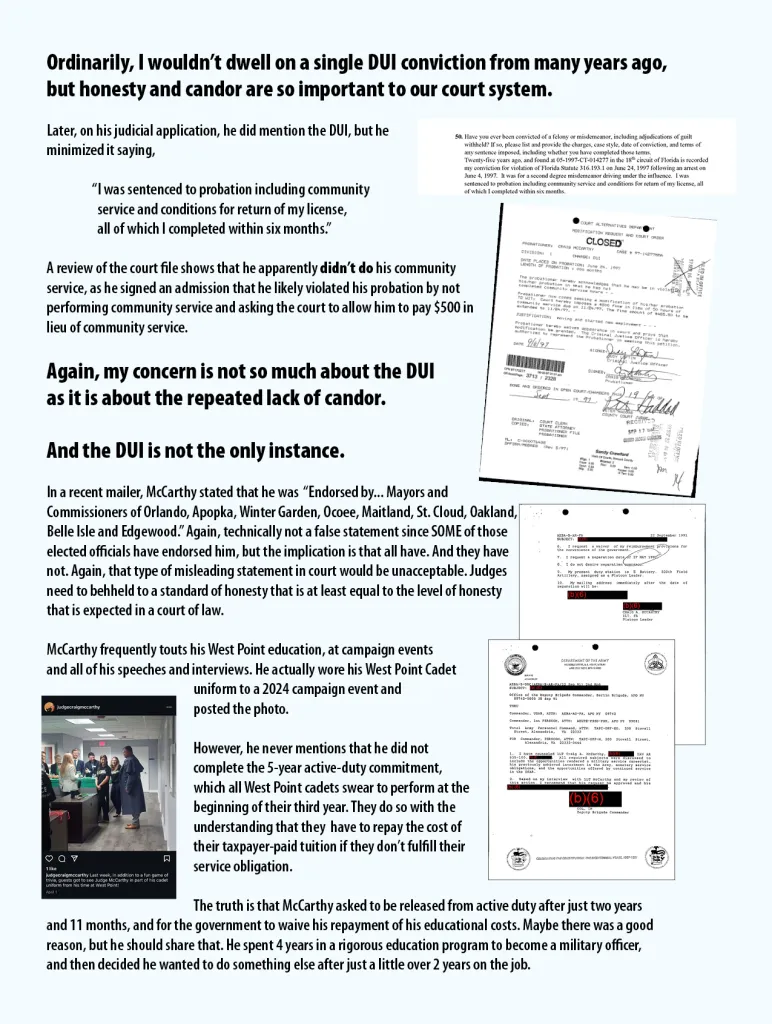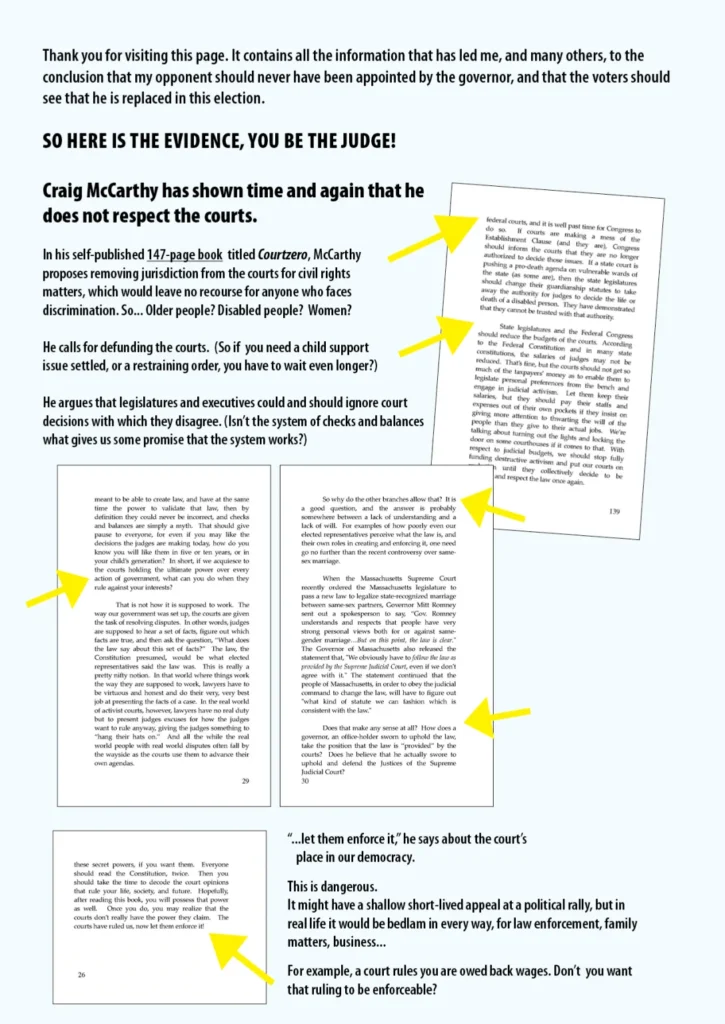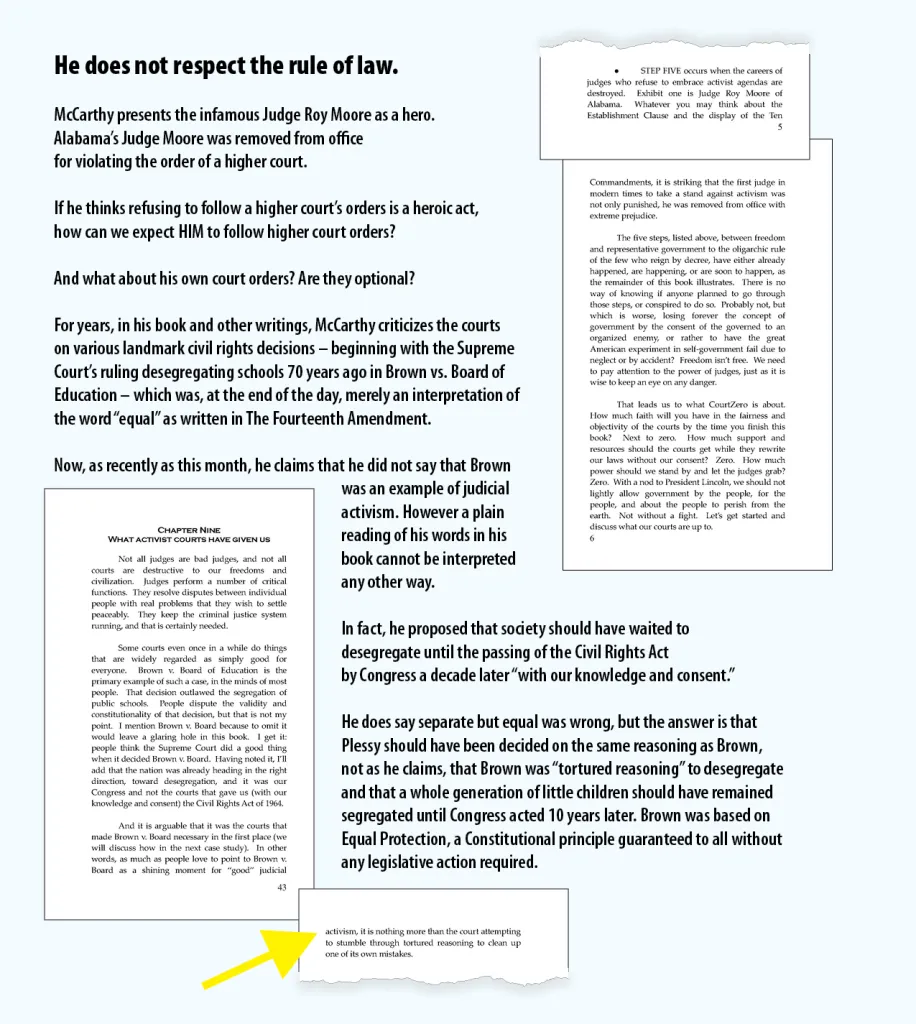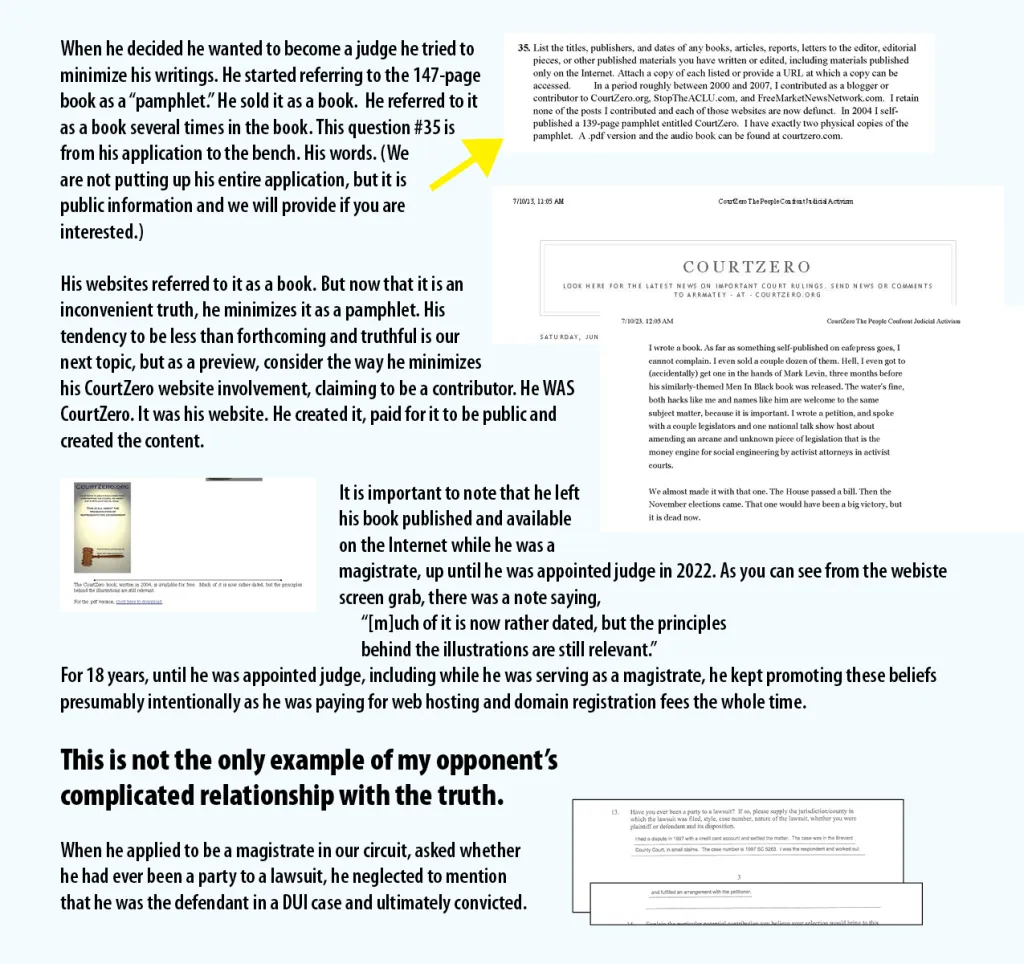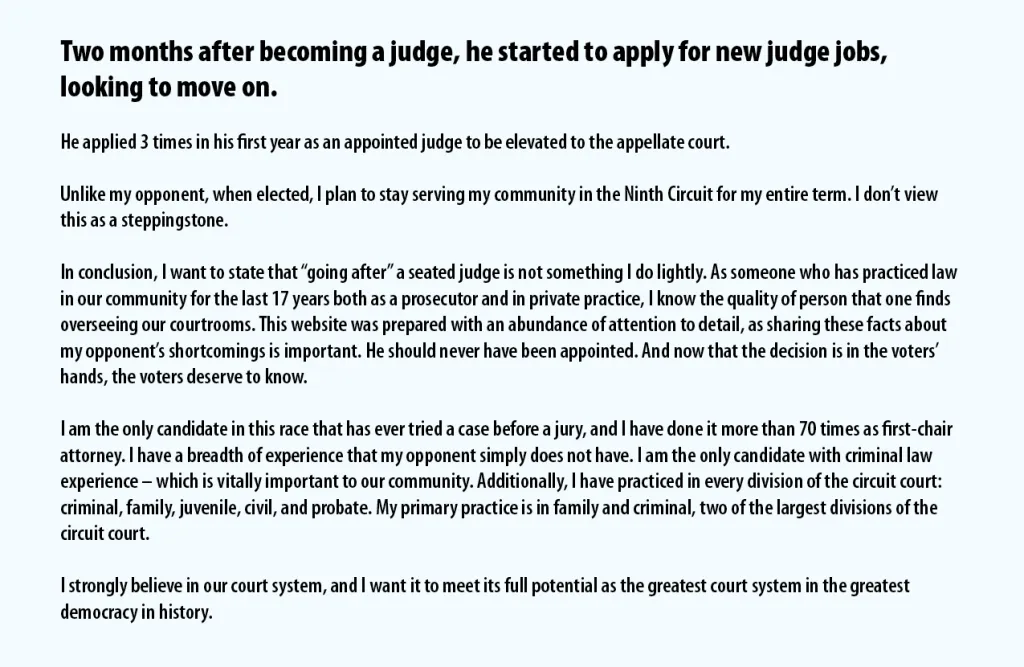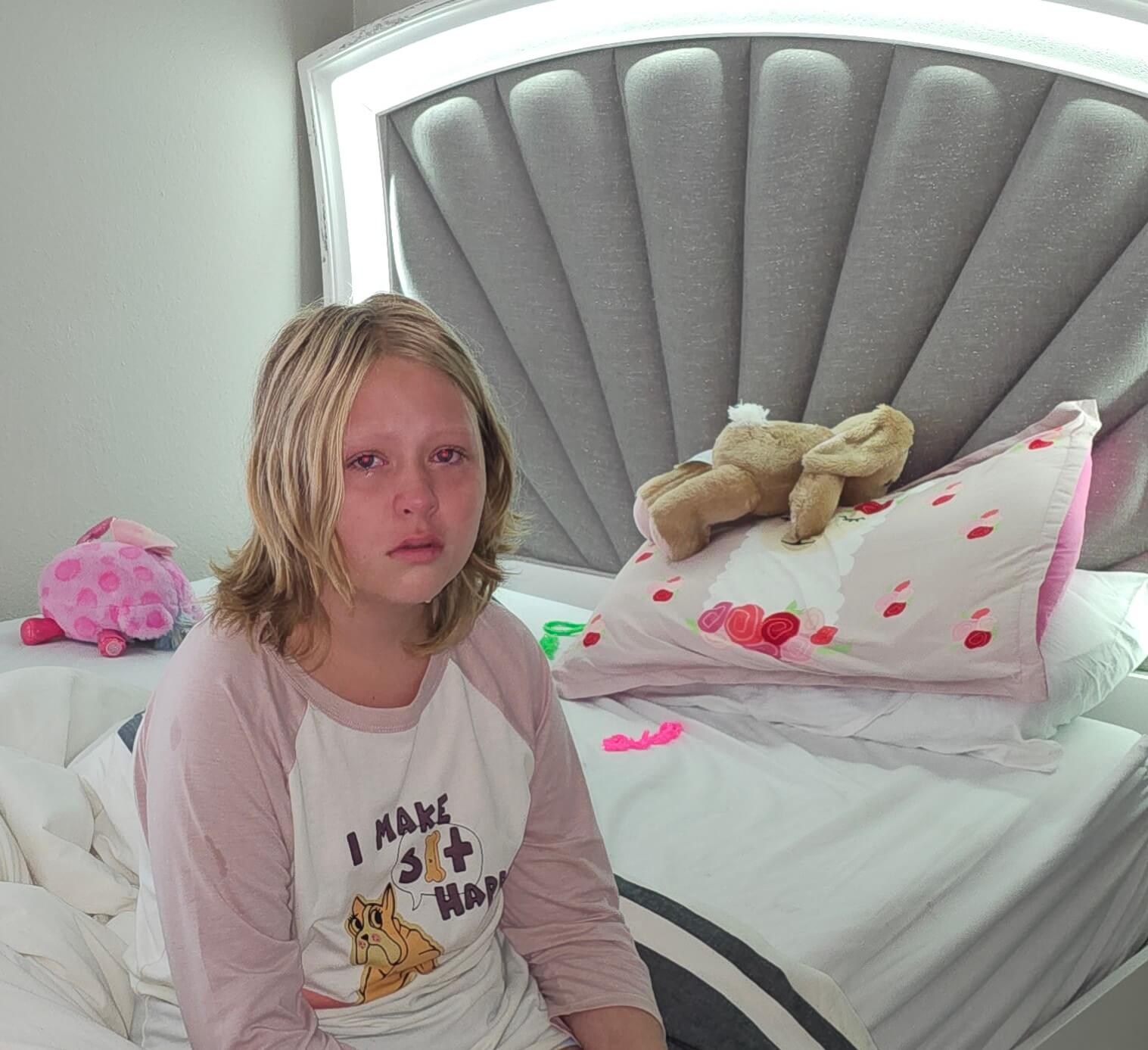Introduction The judicial election for Group 43 of the Ninth Judicial Circuit Court in Orlando, FL, has become a focal point of concern, as Judge Craig McCarthy’s controversial past and rulings raise alarms among voters. Appointed by Governor Ron DeSantis in 2022, McCarthy’s record includes criminal charges, alcohol-related offenses, and judicial decisions that have left victims of abuse without justice. His role in cases involving Victoria Arboleda, a woman with a troubling history of parental kidnapping, substance abuse, and mental health struggles, highlights the urgency of judicial accountability.
Judge McCarthy and His Failure to Protect Victims
Despite his criminal history, including DUI, Burglary, and battery charges, Judge McCarthy has presided over cases involving domestic violence and abuse survivors—often ruling in ways that further endanger victims. One of the most egregious examples is his handling of Victoria Arboleda’s case, where his judicial discretion has been questioned due to the serious allegations of child abduction, false accusations, and neglect against her.
Arboleda has been documented to engage in repeated violations of court orders, demonstrating a pattern of reckless behavior. Yet, under McCarthy’s oversight, her actions have not been met with the legal consequences necessary to protect her children from further harm. This raises critical concerns about McCarthy’s ability to preside over family law cases where vulnerable individuals rely on the judiciary for protection.
The Destructive Dance of Mental Illness and Parental Kidnapping: The Victoria Arboleda Case
Understanding the Connection: Mental Health and Parental Kidnapping Mental health disorders do not directly cause parental kidnapping, but they significantly increase the risk. Conditions like bipolar disorder, borderline personality disorder, and severe depression can impair judgment, distort reality, and lead to impulsive actions that endanger children.
Victoria Arboleda: A Case Study in Mental Illness and Parental Kidnapping
Arboleda’s documented history of bipolar disorder and substance abuse exemplifies how untreated mental illness can contribute to reckless behaviors, including:
- Multiple DUI arrests and convictions – Demonstrating a disregard for the law and public safety.
- False accusations against law enforcement officials – Indicating paranoia and a distorted perception of reality.
- Parental alienation tactics – Using manipulation to sever her daughter’s relationship with her father.
- Child abduction incidents – Taking her daughter, Lizabelle, in violation of court orders, causing psychological harm.
Bipolar disorder symptoms such as grandiosity, impulsivity, paranoia, and impaired reality testing played a role in Arboleda’s decision-making. During manic episodes, individuals may experience:
- A belief that they have a special right to their children, disregarding legal agreements.
- Acting on impulse without considering consequences.
- Delusions that convince them they are the only suitable caregiver.
These symptoms, coupled with custody disputes and personal stressors, can lead to desperate, harmful actions such as parental kidnapping.
The Role of Substance Abuse
Substance abuse exacerbates mental illness, impairing impulse control and decision-making. In Arboleda’s case, her history of alcohol abuse played a significant role in her erratic and impulsive behaviors, leading to:
- DUI arrests.
- Allegations of neglecting her children while intoxicated.
- Increased aggression and unpredictable behavior.
The Devastating Impact of Parental Kidnapping on Children
Parental kidnapping can lead to lifelong psychological trauma for children, including:
- Emotional distress – Confusion and fear caused by sudden separation from a parent.
- Loss of trust – Struggling to rebuild relationships with both parents.
- Interrupted education and social life – Causing developmental setbacks.
- Mental health issues – Including anxiety, depression, and PTSD.
Lizabelle’s abduction by her mother caused severe emotional harm, yet McCarthy’s failure to intervene effectively left her vulnerable to further abuse.
The Troubling Parallels: Arboleda, Franke, Hildebrandt, and the “Punish Men” Mentality
The Connection to Ruby Franke and Jodi Hildebrandt
The arrest of Ruby Franke and Jodi Hildebrandt for aggravated child abuse exposed a disturbing parenting ideology advocating for strict discipline, emotional control, and the punishment of children and men.
Arboleda and her associate, Jennifer Ashenfelter, have been linked to this dangerous belief system. Both have displayed behaviors aligned with Franke and Hildebrandt’s coercive tactics, including:
- Promoting the belief that men are inherently problematic and must be strictly controlled.
- Engaging in manipulative parenting practices that cause emotional harm to children.
- Perpetuating cycles of abuse under the guise of protection.
Arboleda’s past behaviors mirror these abusive ideologies, making her a deeply concerning figure within the realm of victims’ rights advocacy.
Judicial Elections: The Fight for Real Justice
Florida’s judicial elections provide an opportunity for voters to demand accountability from judges like Craig McCarthy, whose poor judgment has put victims at risk. Cases like Arboleda’s underscore the high stakes of electing judges who will either protect or fail abuse survivors.
The Victoria Arboleda Victim Project: A Misaligned Mission?
Originally, the Victoria Arboleda Victim Project (VAVP) was founded to highlight failures within the judicial system. However, Arboleda’s troubling past contradicts the values of a true victims’ rights organization. While advocating for justice is crucial, it should not provide a platform for individuals with documented histories of abuse and deception.
For the VAVP to truly serve its mission, it must:
- Reevaluate its association with Arboleda given her history of child abduction and false accusations.
- Ensure it does not enable manipulative individuals who use victimhood as a weapon.
- Advocate for judicial accountability while upholding ethical standards.
Conclusion: Holding the Judiciary and Advocates Accountable
The troubling connections between Judge Craig McCarthy, Victoria Arboleda, and toxic parenting ideologies highlight the urgent need for:
- Judicial reform to protect victims from biased or incompetent judges.
- Stronger mental health and substance abuse interventions for at-risk parents.
- Greater scrutiny of advocacy groups to ensure they are not led by individuals with histories of abuse themselves.
Florida voters have the power to demand accountability from their judicial system by ensuring competent, ethical judges preside over family law cases. At the same time, victims’ rights organizations must remain vigilant in preventing bad actors from co-opting advocacy for their own agendas.
#JudicialAccountability #VictoriaArboledaVictimProject #SurvivorsDeserveJustice #FloridaJudicialElections
